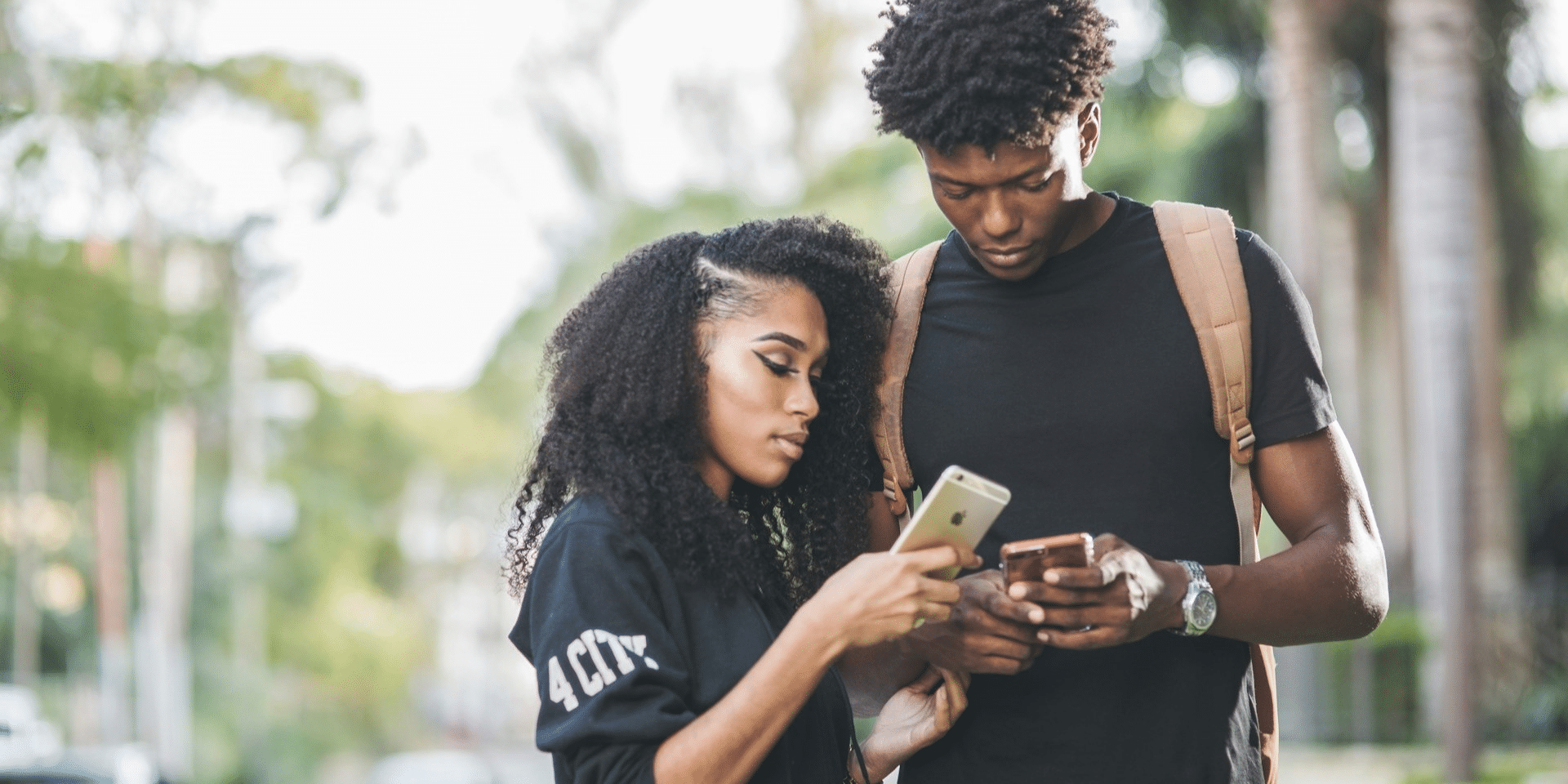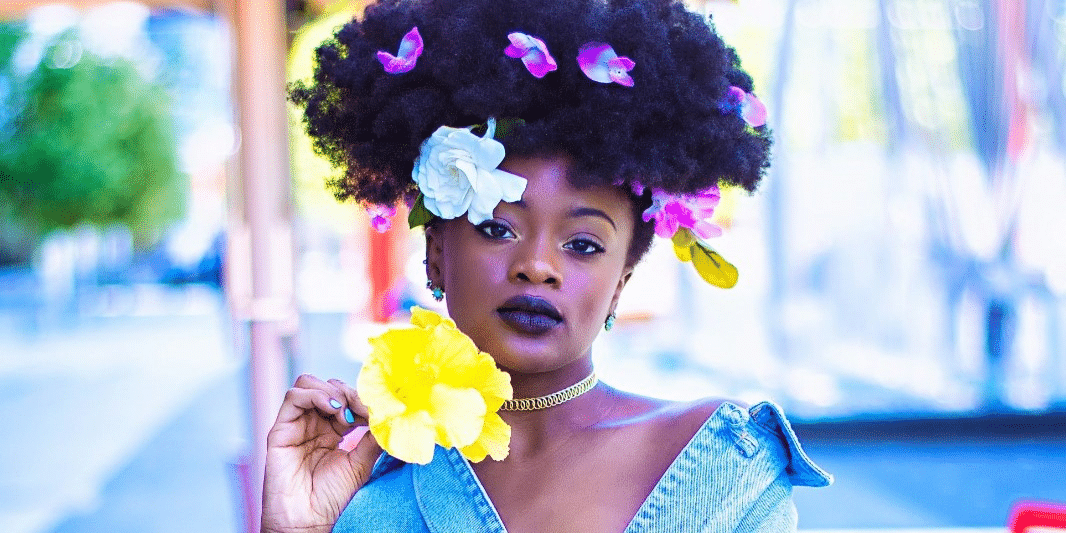As we approach Martin Luther King Jr. Day and, subsequently, Black History Month, it’s vital to reflect on the ongoing struggle for racial equality and civil rights. Modern movements like It’s OVER. End Discrimination NOW. play a crucial role in perpetuating the vision and mission of Dr. King, particularly in the realms of advocacy and eliminating systemic racism.
The Legacy of Dr. Martin Luther King Jr.
Martin Luther King Jr., a Baptist minister and influential social activist, spearheaded the American civil rights movement from the mid-1950s until his tragic assassination in 1968. Through pivotal events such as the Montgomery Bus Boycott, the March on Washington, and his renowned “I Have a Dream” speech, King solidified his place as an enduring symbol in the quest for racial justice. Beyond his significant contributions, King’s commitment to nonviolent resistance and unwavering dedication to equality left an indelible mark on the American civil rights movement, serving as a profound source of inspiration for generations worldwide.
Continuing King’s Vision Through Modern Movements
In the spirit of King’s vision, modern movements like It’s OVER. End Discrimination NOW. has emerged as a torchbearer in the ongoing battle against racial discrimination. Kira Ayla, Co-founder of the movement, encapsulates this sentiment by stating, “No person has the right to make you feel unworthy, or as though they’re unequal to any other human.” Her words resonate deeply, especially as MLK Jr. Day nears, reminding us of the continuous journey toward equality and justice.
Amplifying the Voices of Advocacy
Modern movements play a pivotal role in advocacy, often amplifying voices that might otherwise go unheard. These organizations utilize social media, community organizing, and public demonstrations to raise awareness about ongoing racial injustices. They are instrumental in advocating for policy changes at both local and national levels, echoing King’s approach of peaceful yet powerful activism to instigate social change.
Education: Informing and Empowering
Education is another critical area where these movements continue King’s legacy. By educating the public about the history of racial discrimination and the ongoing struggles that minority communities face, they foster a more informed and empathetic society. These movements also focus on empowering young people, equipping them with knowledge and tools to challenge systemic racism, much like how King inspired a generation to question and confront injustice.
Legal Reform: The Path to Justice
Perhaps one of the most significant contributions of modern movements lies in the realm of legal reform. Advocating for laws that promote equality and challenging discriminatory practices in the justice system are direct extensions of King’s work. These movements work tirelessly to ensure that the legal system is not only fair but also reflective of the diverse society it serves.
Challenges and the Road Ahead
Despite significant progress, the road to racial equality remains fraught with challenges. Systemic racism, economic disparities, and ongoing discrimination are just a few of the hurdles. However, the perseverance of movements like “It’s OVER. End Discrimination NOW.” offers hope. They not only honor King’s legacy but also actively work towards realizing his dream of an equitable society.
A Unified Vision
As we commemorate Martin Luther King Jr. Day in just a few weeks, it’s essential to recognize the role of modern movements in continuing his vision. Through advocacy, education, and legal reform, these organizations are not just preserving King’s legacy; they are actively shaping a more just and equal world. In the words of Kira Ayla, the fight against discrimination is a collective responsibility, one that requires us to remember and act upon King’s teachings, not just on MLK Day but every day.







